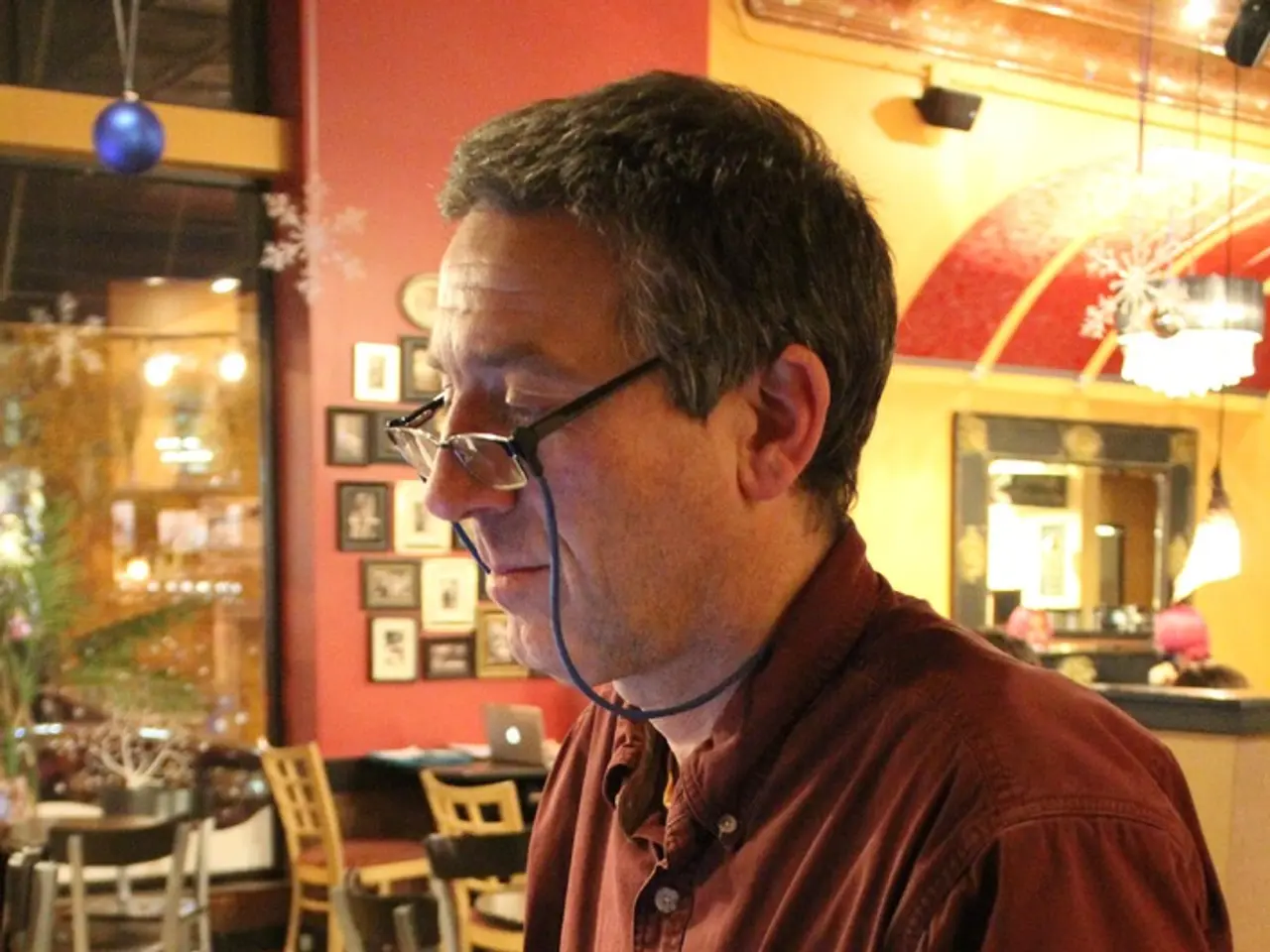Refugee Integration Federation facing demands for increased funding from Pistorius
In recent statements, Lower Saxony's Interior Minister Boris Pistorius (SPD) has highlighted the immense pressure municipalities are facing due to the costs associated with refugee integration. Pistorius emphasized that states cannot bear these costs alone, and the situation becomes particularly complex when documents are missing or the countries of origin do not want to take back their citizens.
The current funding issues for refugee integration in Germany stem from increased migration pressures and the need for enhanced resources to support immigration control and integration measures. To address these challenges, Germany, alongside other EU states, is seeking significantly larger budgets within the EU's next multiannual financial framework (2028-2034) to manage migration effectively, including integration and border security.
On a national level, federal states in Germany have been granted extended deadlines (until 2029) to utilize financial resources for integration-related services such as full-day school care, which supports children of refugees and migrants in education. This indicates a recognition of the importance of longer-term funding for integration infrastructure.
Germany’s Federal Ministry for Economic Cooperation and Development (BMZ) coordinates humanitarian aid and development cooperation focused on displaced persons, blending emergency relief with medium- and long-term integration strategies both at home and abroad. On a political level, Germany participates in EU-wide efforts to reduce irregular migration and calls for sufficient funding in the next budget to ensure sustainable asylum and integration processes.
However, Pistorius has pointed out that the federal government significantly reduced funds for refugee integration last year. He underscores that integration costs money, and failed integration costs even more. Pistorius sees two main challenges in dealing with refugees in Germany: integration takes time and costs money. He also mentioned that there are still problems in returning migrants who have no residence status and no prospects in Germany.
In response to these challenges, Pistorius has demanded reliable funding from the federal government for refugee integration costs. His demand underscores the urgent need for sustained financial support to meet growing integration demands and maintain integration services amid ongoing migration pressures.
The demand for reliable funding from the federal government, as highlighted by Lower Saxony's Interior Minister, Boris Pistorius, emphasizes the need for substantial budget increases for policy-and-legislation related to refugee integration, reflecting the general-news discussions in both domestic and EU politics. Adequate funds are essential to address the challenges of integration costs and preserve services for the growing number of refugees and migrants.








